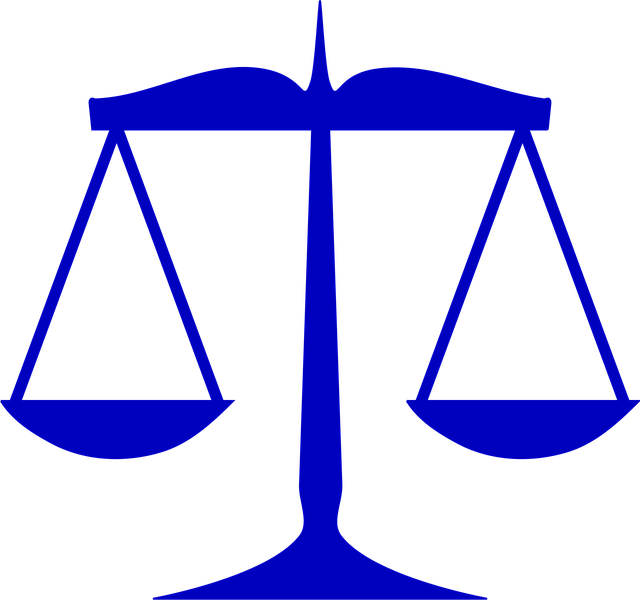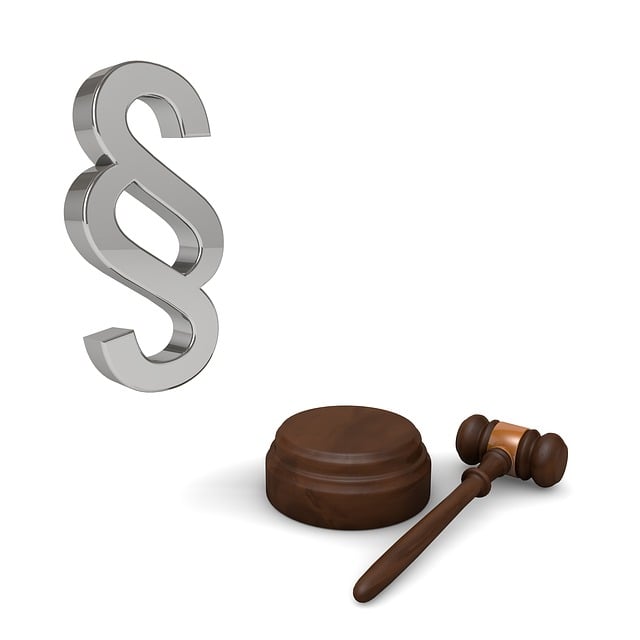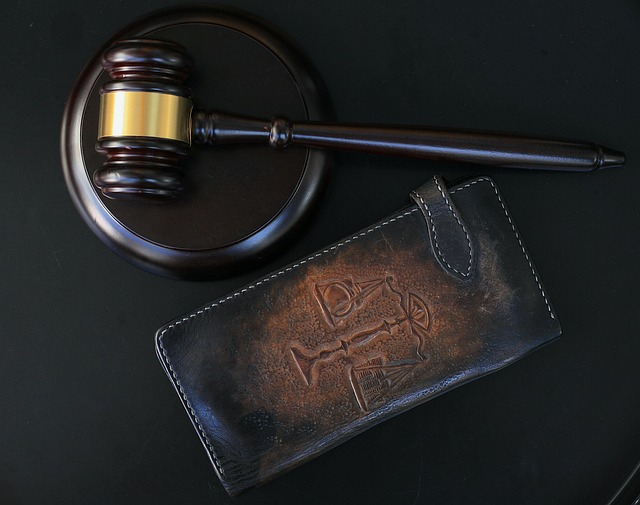Recognizing unfair business practices is key to preventing antitrust violations in employment law. Individuals can identify potential breaches and report them to regulatory bodies like DOJ and FTC by documenting evidence and consulting legal experts. The initial step involves self-investigation or consultation, gathering facts, and reporting to dedicated channels for accountability and fairness. Swift evidence collection and detailed documentation are crucial for building cases. Government websites, hotlines, and bar association guidance facilitate effective reporting. This process ensures employment rights are upheld and promotes transparency in philanthropic and political communities.
“Antitrust violation cases are crucial for maintaining a fair business landscape. This article guides you through recognizing unfair practices, especially in employment laws, where protections are vital. Learn how to identify and gather evidence of violations, navigating complex reporting procedures with ease. We’ll explore the legal steps involved, ensuring you’re informed on how to report employment law violations effectively. Stay ahead of unethical behaviors and safeguard your rights.”
- Recognizing Unfair Business Practices
- Understanding Employment Law Protections
- Gathering Evidence of Violations
- Navigating Reporting and Legal Procedures
Recognizing Unfair Business Practices

Recognizing unfair business practices is a crucial step in preventing antitrust violation cases. These practices often manifest as companies engaging in activities that limit competition, such as price-fixing, market division, or the abuse of dominant market positions. By understanding these tactics, individuals and employees can better identify potential violations and know how to report employment law violations effectively.
Employment law violations related to antitrust issues are typically investigated by regulatory bodies like the Department of Justice (DOJ) and the Federal Trade Commission (FTC). If you suspect your employer is engaged in white-collar and economic crimes, such as anticompetitive behavior, it’s essential to document the evidence, including any relevant policies, communications, or direct observations. Achieving extraordinary results in these cases often hinges on providing comprehensive and reliable information that assists in the investigation. Additionally, consulting a general criminal defense attorney can offer guidance tailored to your specific situation, ensuring you understand your rights and obligations during this process.
Understanding Employment Law Protections

Employment law protections are designed to safeguard workers from unfair treatment and ensure a safe, respectful work environment. Understanding these rights is crucial for both employees and employers alike. If an employee suspects an employment law violation, such as discrimination, harassment, or wrongful termination, it’s essential to know how to report it.
The process typically involves gathering evidence, consulting with legal experts, and initiating the appropriate channels within the company or through external regulatory bodies. Many successful cases have resulted in winning challenging defense verdicts for both corporate and individual clients. For his clients, a well-informed approach can lead to favorable outcomes and ensure that employment rights are upheld.
Gathering Evidence of Violations

Uncovering evidence of antitrust violations is a meticulous process that often requires a strategic approach. Individuals who suspect employment law breaches should gather relevant facts and documents meticulously, as this forms the backbone of any legal case. The first step is to identify potential violations through self-investigation or by consulting with legal experts. This may involve reviewing contracts, policies, and communication records related to the respective business.
When reporting these violations, it’s crucial to document every observation and interaction that supports the claim. How to Report Employment Law Violations typically includes providing detailed accounts of suspicious activities to relevant authorities, such as regulatory bodies or legal departments dedicated to addressing high-stakes cases. This process is vital for ensuring accountability and fostering fairness within philanthropic and political communities.
Navigating Reporting and Legal Procedures

Navigating Reporting and Legal Procedures for Antitrust Violations involves a structured approach to ensure fairness and accountability across the country. When an individual suspects an employment law violation, such as those related to antitrust, they should promptly gather evidence meticulously documenting the actions that suggest illegal practices. This process is crucial in building a robust case for further investigation.
Knowing how to report these violations effectively is essential. Many legal jurisdictions have established channels for reporting, including dedicated government websites and hotlines. Additionally, bar associations often provide guidance on white-collar and economic crimes, assisting individuals in understanding their rights and obligations when reporting such incidents. This collective effort fosters transparency and strengthens the regulatory framework within philanthropic and political communities.
Antitrust violation cases can be complex, but understanding unfair business practices, employment law protections, gathering evidence, and navigating reporting procedures is crucial. If you suspect an employment law violation, it’s essential to act promptly. Begin by identifying the specific offense, collecting relevant documents and testimonies, and familiarizing yourself with legal processes, including how to report these violations effectively. Remember, timely and thorough reporting can lead to positive outcomes and ensure a level playing field for all workers.






